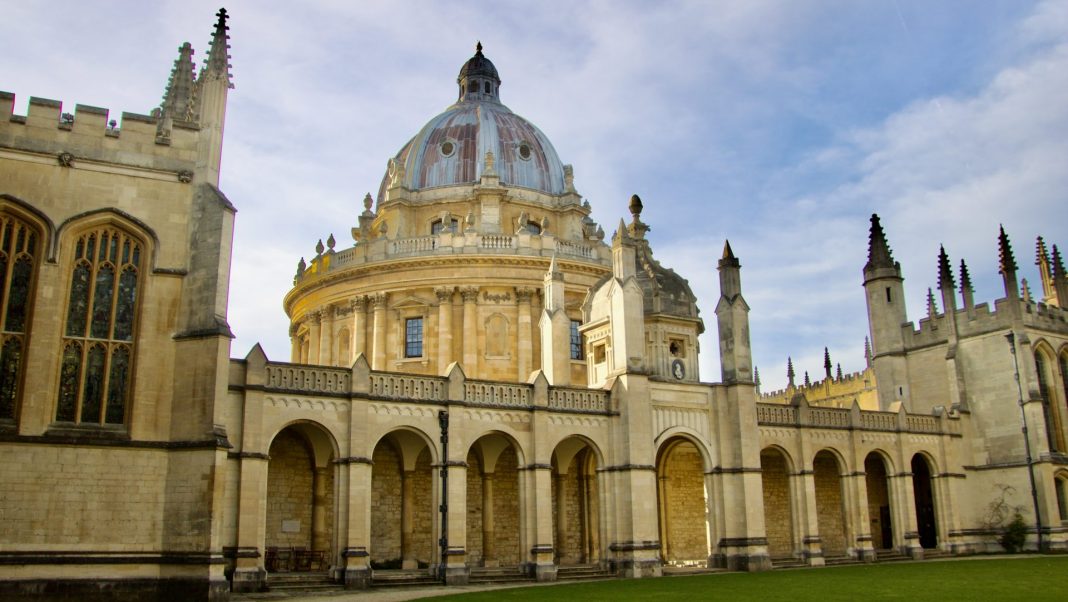Two new papers, the BioMedical Sciences Aptitude Test (BMSAT) and the Ancient History and Classical Archaeology Aptitude Test (AHCAAT) have been announced by the University of Oxford for the 2025 admissions cycle, set to take place next month.
For Biomedical sciences applicants, the BMSAT will replace the BioMedical Aptitude Test (BMAT) after exam provider Cambridge Assessment announced it would be discontinued earlier this year. The new test will broadly assess applicants’ scientific knowledge, consisting of 80 multiple choice questions, across biology, physics, chemistry, and mathematics at UK GCSE level. In comparison, the multiple choice section of the BMAT contained 27 questions and spanned content studied during the first year of A-levels as well as GCSEs. Further, unlike the BMAT, the BMSAT will not contain any “thinking skills” or “writing task” sections.
One current second year Biomedical sciences student expressed concern over the removal of the “thinking skills” section: “you could have had a really deserving applicant who just simply hadn’t had the opportunity to be taught some content, but then the critical thinking section gave them an opportunity to demonstrate their skills.” These concerns are heightened by the disparity in the quality of GCSE teaching offered during the Covid-19 school closures. A 2023 study by the social mobility charity Sutton Trust found that 76% of surveyed year 11s believed that their academic progress had suffered due to Covid-19.
Medicine applicants, who previously also would have been required to take the BMAT, will now sit the University Clinical Aptitude Test (UCAT), a standard across nearly all UK medical schools.
The AHCAAT will be taken by applicants for Classical Archaeology and Ancient History (CAAH), who were previously not required to take any admissions tests for the subject. This two-part, essay based assessment will ask candidates to critique the evidence and argumentative rigour offered in an academic passage, before exploring the historical value of a given artefact from the ancient world.
One current second year CAAH student explained that whilst she had appreciated the relief of not sitting an exam during her own application process, she recognised that the format of the AHCAAT compliments well the nature of the course: “it is structured in the form of a ‘gobbet’ and a ‘picture question’, both of which form key parts of the later interview as well as our prelims and finals. They can be quite fun to answer as no previous knowledge is technically needed so you can be quite creative.”
The University told Cherwell that the AHCAAT has been put in place, “according to the usual approval process which includes SU representation”. Additionally, the new exam will undergo a two-year trial period, during which applicants will not be denied an interview or an offer to study based on their performance, but their results may positively inform the outcome of their application.
Across all subjects, admissions tests will now be provided virtually by Pearson VUE at specific test centres, following the University’s decision to sever ties with Tata Consultancy Services after the disruptions to the 2024 admissions cycle. These disturbances also saw the discontinuation of admissions tests for Geography and English for the 2025 admissions cycle, “pending ongoing review”.


